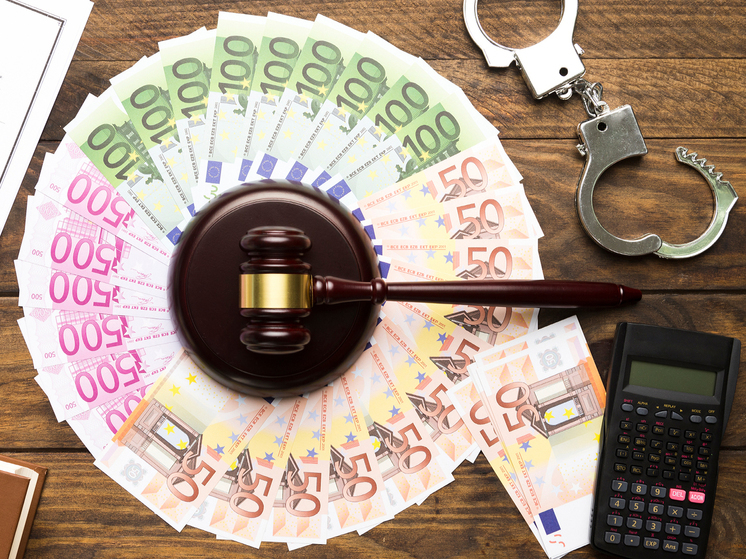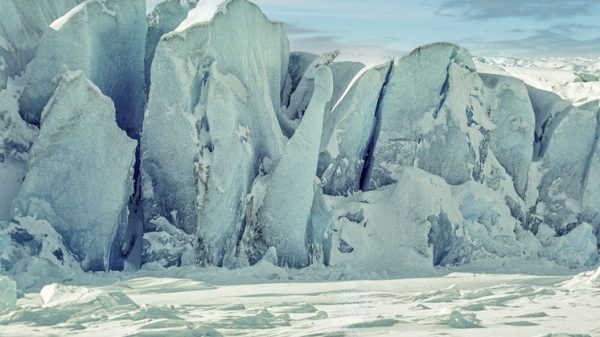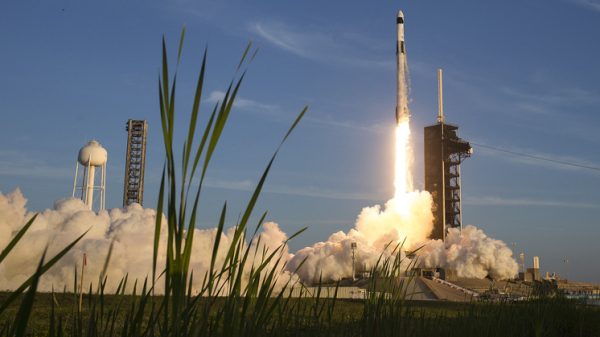A government official admitted this
Today we can talk about a fundamentally new reality of the sanctions policy. US law now gives the US President the power to confiscate some or all of Russian sovereign assets. Previously, by his decrees he had the right to freeze, but not confiscate, the property of a foreign state.
 Photo: ru.freepik.com
Photo: ru.freepik.com
In April 2024, both houses of the US Congress approved the bill “Achieving Peace in the 21st Century through Strength.” It allows the executive branch to seize Russian property worth $4-5 billion. The total volume of frozen Russian sovereign assets in the jurisdictions of all countries initiating sanctions is estimated at $300 billion. According to the new law, it is possible to unfreeze Russian assets only if the conflict in Ukraine ends and full compensation for Ukrainian material losses.
“Russian assets frozen by Western countries are likely lost to Russia for a long time or forever,” said Dmitry Timofeev, director of the Department for Control of External Restrictions of the Ministry of Finance of the Russian Federation. He believes that despite the law adopted, American society has not reached a consensus on the confiscation of Russian assets. Firstly, it will undermine their foundation – institution of private property. Secondly, because of the risks that this step has, in strategic terms for the long term. Because already today there is an outflow of funds from US government bonds. Thus, China reduced its investments over three years from 1.1 trillion dollars to 800 billion, Mexico decreased by 27 percent over the past year, and Saudi Arabia by 18 percent, according to the director of the Center for Sanctions Policy Expertise at the Institute of International Studies, deputy Dean of the Faculty of International Relations of MGIMO Ministry of Foreign Affairs of Russia, Ph.D. Ekaterina Arapova. Both experts believe that “politics in the United States dominates the economy.” in this case. And as Dmitry Timofeev warns, the following situation may arise: Trump will win the election, but Biden will have a few months of legitimacy left, during which he will confiscate Russian assets, and leave the problems arising from these actions to be resolved by the Trump administration.
Another US problem related to the confiscation of other people's assets is the de-dollarization of the world's economies, according to Ekaterina Arapova. Many countries already carry out payments in national currencies. Against this background, new economic centers of power are beginning to reconsider their policies and strive to reduce risks. While Western countries are lining up to confiscate more Russian money. “I wonder who will be next to take a similar step: Great Britain or Canada?” In the latter, a law on confiscation has been in force for two years, but the government is in no hurry to implement it.
Vice President for Research and Strategy at the Israeli branch of the University of International Business and Economics, China Forum expert Gong Jiong is confident that the West is concerned about Russia’s confidence in its victory on the battlefield. They believe that Ukraine needs military assistance immediately. At the same time, the United States lacks funds for the war in Ukraine. Now she has been allocated 60 billion, but this is the last tranche approved by Congress. This is exactly the amount Ukraine requires to wage war every year. And a good solution for the Americans was the confiscation of Russian assets and redirecting them to the needs of Ukraine. Russian money will be enough to keep Ukraine afloat in the next couple of years: “The Americans are shooting themselves in the foot, since these actions lead to an erosion of confidence in the American dollar.” True, Gong Jiong believes that this is not a confiscation, but a seizure, and it is legally possible to reimburse these funds in the future. “But the situation is the same with the seized assets of Iran and the Philippines, which have not been able to return them for many years.” Therefore, in essence, this is confiscation.
Russia did not hesitate to respond to the American bill. On May 23, 2024, President Vladimir Putin signed a decree “On a special procedure for compensation of damage caused to the Russian Federation and the Central Bank of the Russian Federation in connection with the unfriendly actions of the United States of America.” According to the document, to compensate for damage to Russia from the confiscation of sovereign assets in the United States, the Russian authorities can use both sovereign assets and funds from private individuals. “Unlike the Americans, we have expanded the list of assets subject to confiscation, because there are no sovereign American assets in Russia,” explains Dmitry Timofeev. “Europe is still afraid of retaliatory steps from Russia, and at the last G7 summit it was not possible to agree on the procedure for confiscating Russian assets,” says Ekaterina Arapova. Gold prices are also rising, confirming that the world has lost confidence in investments in dollars and euros, experts say.
Program Director of the Valdai International Discussion Club Ivan Timofeev believes that not a single Russian law has done as much to stop the outflow of capital as the West did by confiscating the private assets of our citizens. If we assume that capital outflow from Russia amounted to 4 percent of GDP, then this is a good addition to investments in the domestic economy in the future: “They said that the West – a quiet harbor. But now it’s a safe haven – Russia. And as they say in the movie “The Diamond Arm”: “Keep your money in the Savings Bank.”























































Свежие комментарии